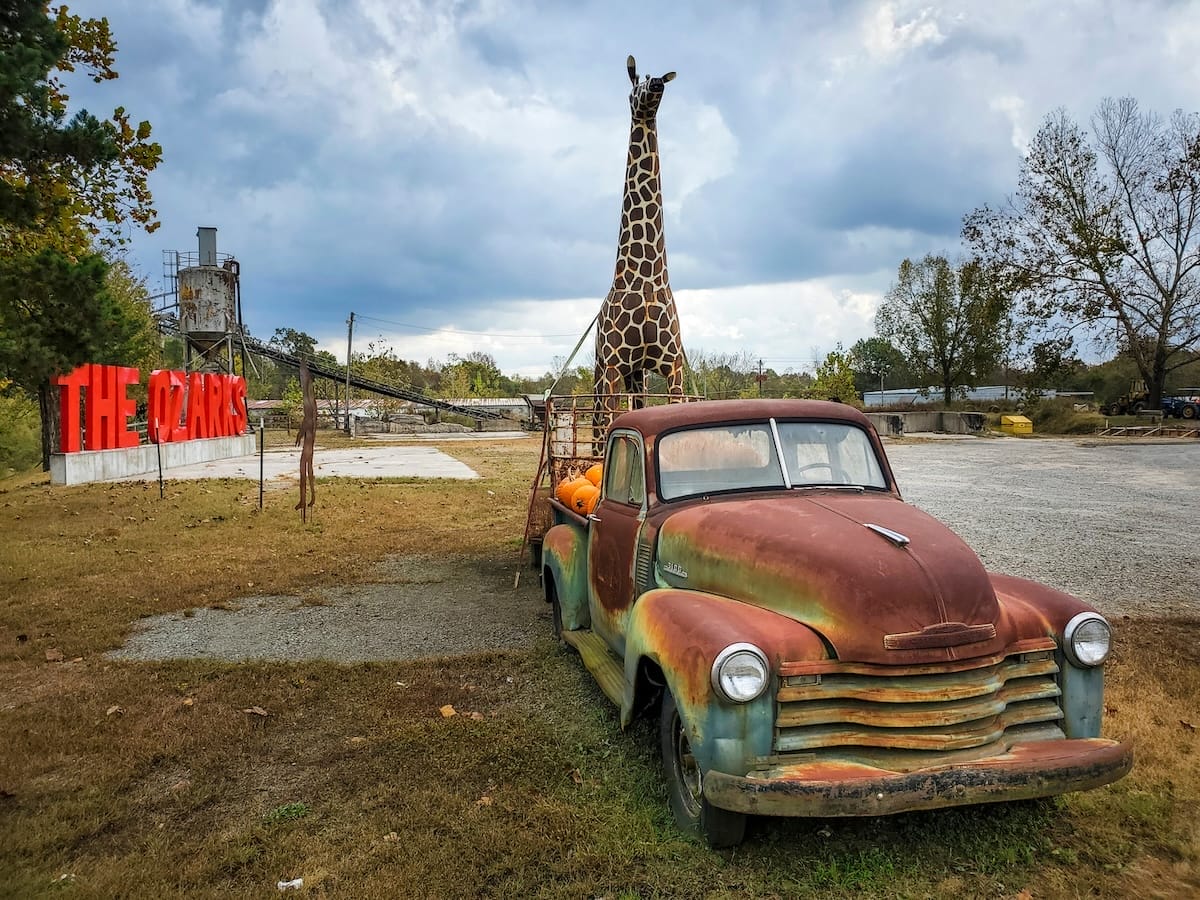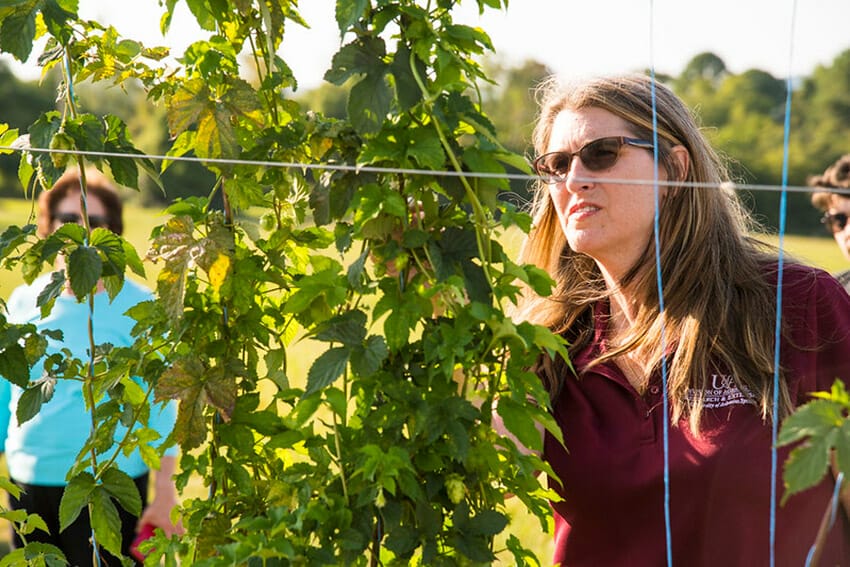

Uh oh...
It appears that you're using a severely outdated version of Safari on Windows. Many features won't work correctly, and functionality can't be guaranteed. Please try viewing this website in Edge, Mozilla, Chrome, or another modern browser. Sorry for any inconvenience this may have caused!
Read More about this safari issue.

Researchers with the Arkansas Agricultural Experiment Station recently discussed findings from a three-year study of hop cultivation in the state. They explored the viability of certain hop varieties and the feasibility of supplying the Arkansas brewing industry with homegrown hops. Their work culminated in the release of a pale ale brewed with a hop variety that showed potential for commercial production. The research station is a part of the University of Arkansas System Division of Agriculture.
Hops are a critical component of beer. Hop plants used in the brewing process produce resinous cones that contain oils and polyphenols that contribute to bitterness, aroma, and flavor in the finished product. They tend to grow best between latitudes 30° and 52°, but are at their most productive between 45° and 50°. In the United States, the majority of hops are grown in the Pacific Northwest, a region that sits inside the ideal latitude range. Traditional hop-growing regions in England and Germany are similarly-situated.
The university’s research station in Clarksville – where the hops were grown and harvested – resides at latitude 35°, or barely inside the acceptable hop growing range. Amanda McWhirt, associate professor and extension horticulture specialist, said the results of the study are encouraging but also reflect the challenges of growing hops in the American South.
“Our yields have been less than half what is typically seen in the Pacific Northwest,” she said. “Hop cones are of a similar size or slightly smaller, but overall we get fewer cones.”
Renee Threlfall, a research scientist with the university’s department of food science, also played a critical role in the study.
McWhirt and Threlfall are experimenting with new horticultural methods and have ideas about how to increase yields. Going head-to-head with Oregon and Washington, however, will remain a nearly impossible challenge due to environmental conditions here in Arkansas. Hops prefer longer days, milder summers, and lower humidity levels than what we experience in the Natural State.
“Hop yields in Arkansas will never be comparable to the Pacific Northwest with the same cultivars due to daylight and climatic differences,” she said. “We will be exploring new cultivars in the coming season, and we are collaborating with North Carolina State University’s hop breeding program as they develop cultivars for the southeastern United States.”
“Terroir” is a concept better known in the wine world. The term refers to the unique flavor profile imparted on grapes by the soil and climate where they are grown. The same variety of grape grown in two different places can potentially demonstrate different characteristics in the finished product (when all other variables are controlled). Researchers believe the same is true for hops.
“Alpha and beta acids [in the hops] are different here in Arkansas,” said McWhirt. “They are generally lower in both measures when compared to the same cultivars grown elsewhere. The feedback has been that Arkansas hops are much ‘milder’ and less ‘harsh.’ Brewers have commented that the lower acids might be a good thing because they don’t hide some of the other aromas and flavors in the beer.”
Alpha acids are the compounds that create bitterness in beer. Beta acids are not as straightforward in their explanation but are generally thought to affect oxidation and the stability of bitterness in the hop cone over time.
Continue Reading at Fayetteville Flyer
We do the work.
You check your email.
Sign up for our weekly e-news.
Get stories sent straight to your inbox!









Like this story? Read more from Fayetteville Flyer - Brian Sorensen
One of the most revered breweries in Arkansas turns ten this...
A new brewery opened in east Fayetteville last week. Very few people knew...
A professor at the University of Arkansas is working to understand if...
Join the Conversation
Leave a Comment